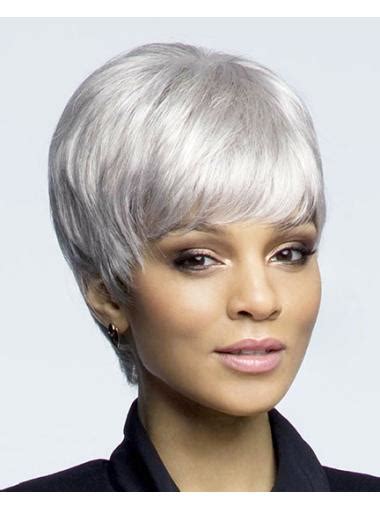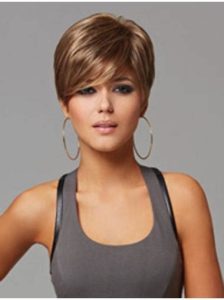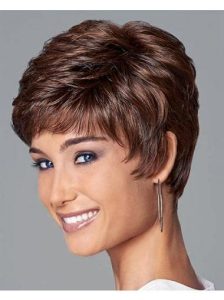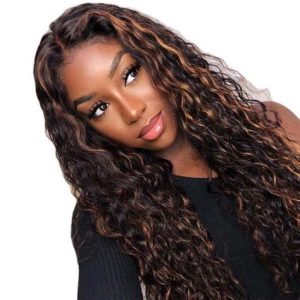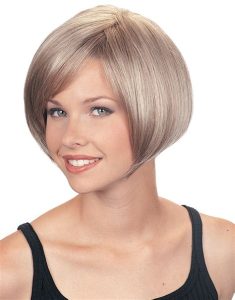African American Wigs VS 6″ Kinky Remy Human Hair Wigs:
Introduction
In the ever-evolving landscape of hair fashion, African American wigs have emerged as a versatile and transformative beauty staple. Among the myriad options available, 6″ kinky Remy human hair wigs stand out as the epitome of elegance and authenticity. This comprehensive guide will delve into the intricacies of these premium wigs, comparing them to traditional African American wigs to help you make an informed decision that aligns with your unique style and preferences.
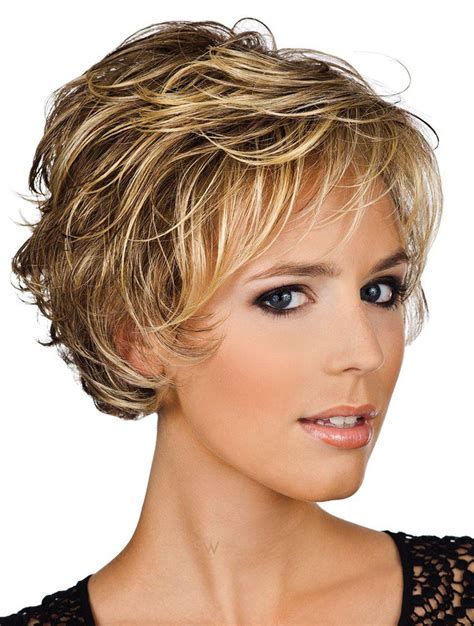
Section 1: The Rise of 6″ Kinky Remy Human Hair Wigs
1.1 Defining Remy Hair
Remy hair, renowned for its exceptional quality, refers to hair that has been meticulously collected to preserve its natural cuticle alignment. This alignment ensures that the hair remains tangle-free, lustrous, and maintains its natural direction of growth.
1.2 The allure of 6″ Kinky Texture
Kinky texture, characterized by its tight, coiled curls, has gained immense popularity among African American women seeking natural-looking hairstyles. The 6″ length offers versatility, allowing for a wide range of styling options, from sleek bobs to voluminous afros.
1.3 Benefits of 6″ Kinky Remy Human Hair Wigs
6″ kinky Remy human hair wigs offer numerous advantages over traditional wigs:
– Durability: Remy hair is incredibly durable, lasting up to a year with proper care and maintenance.
– Natural Appearance: The cuticle alignment ensures that the hair mimics the natural growth pattern and texture of human hair.
– Tangle Resistance: The aligned cuticles prevent tangling, making these wigs easy to manage and maintain.
– Versatility: The 6″ length provides ample styling options, from classic ponytails to intricate braids.
Section 2: African American Wigs: A Classic Choice
2.1 Synthetic vs Human Hair Wigs
Traditional African American wigs are primarily available in two materials: synthetic and human hair.
– Synthetic wigs: Made from artificial fibers, these wigs are often more affordable and require less maintenance. However, they can appear less natural and tangle more easily.
– Human hair wigs: Crafted from real human hair, these wigs offer a more authentic look and feel. They are more durable and can be styled using heat tools, but they require regular maintenance and can be more expensive.
2.2 Types of African American Wigs
African American wigs come in various textures and styles:
– Lace wigs: These wigs feature a delicate lace base that creates a seamless hairline, providing a natural look.
– Closure wigs: These wigs have a small lace closure at the top, providing more versatility and the option to part the hair in different directions.
– Headband wigs: These wigs are attached to an adjustable headband, offering a quick and easy installation process.
Section 3: Comparative Analysis: African American Wigs VS 6″ Kinky Remy Human Hair Wigs
3.1 Price and Durability
- African American wigs, particularly synthetic ones, are generally more affordable than 6″ kinky Remy human hair wigs.
- However, Remy human hair wigs offer superior durability and a longer lifespan, making them a more cost-effective investment in the long run.
3.2 Natural Appearance and Styling
- 6″ kinky Remy human hair wigs provide the most natural appearance, seamlessly blending with your own hair.
- They can be styled using heat tools, offering limitless styling possibilities.
- African American wigs, especially synthetic ones, may appear less natural and have limited styling options.
3.3 Maintenance and Care
- Remy human hair wigs require regular washing, conditioning, and deep conditioning to maintain their health and shine.
- African American wigs, especially synthetic ones, require less maintenance but may require touch-ups and heat styling to maintain their shape.
Section 4: Making an Informed Decision
4.1 Considerations for Choosing the Right Wig
When selecting a wig, consider the following factors:
– Your budget: African American wigs range in price, so determine your financial limitations.
– Your desired appearance: Remy human hair wigs offer the most natural look, while African American wigs may be more affordable.
– Your lifestyle: Consider your daily routine and how much time you can dedicate to wig maintenance.
Section 5: Current Status and Future Trends
5.1 The Growing Popularity of 6″ Kinky Remy Human Hair Wigs
The demand for 6″ kinky Remy human hair wigs is projected to continue rising in 2025 and beyond. Their versatility, natural appearance, and durability make them a popular choice among African American women seeking effortless beauty.
5.2 Innovations in Wig Technology
Advancements in wig technology are expected to enhance the quality and affordability of wigs. New materials and construction techniques promise to create wigs that are even more realistic and customizable.
5.3 Empowering the African American Hair Industry
The growing popularity of African American wigs and 6″ kinky Remy human hair wigs empowers the African American hair industry. These wigs create new opportunities for entrepreneurs and stylists, fostering a vibrant and thriving hair care ecosystem.
Conclusion
African American wigs and 6″ kinky Remy human hair wigs offer distinct advantages and appeal to different needs and preferences. Remy human hair wigs provide the ultimate natural appearance, durability, and styling versatility. While traditional African American wigs can be more affordable and require less maintenance, they may appear less natural and have limited styling options. Ultimately, the best choice depends on your individual budget, desired appearance, and lifestyle. As the African American hair industry continues to innovate, we can expect even more remarkable wigs in the years to come, empowering women to express their unique style with confidence and beauty.
Infographic Summary
| Feature | African American Wigs | 6″ Kinky Remy Human Hair Wigs |
|---|---|---|
| Material | Synthetic or human hair | 100% Remy human hair |
| Durability | Less durable (synthetic) | More durable (human hair) |
| Natural Appearance | Less natural (synthetic) | Most natural |
| Styling | Limited styling options | Versatile styling options |
| Maintenance | Less maintenance (synthetic) | More maintenance (human hair) |
| Price | More affordable (synthetic) | More expensive |
Table 1: Types of African American Wigs
| Type | Description | Pros | Cons |
|---|---|---|---|
| Lace wigs | Features a delicate lace base for a natural hairline | Seamless appearance | More expensive |
| Closure wigs | Has a small lace closure at the top | More versatile | Less natural appearance than lace wigs |
| Headband wigs | Attaches to an adjustable headband | Quick and easy installation | Can be less secure |
Table 2: Benefits of 6″ Kinky Remy Human Hair Wigs
| Benefit | Description |
|---|---|
| Durability | Lasts up to a year with proper care |
| Natural Appearance | Mimics the natural growth pattern and texture of human hair |
| Tangle Resistance | Aligned cuticles prevent tangling |
| Versatility | Ample styling options, from bobs to afros |
Table 3: Considerations for Choosing a Wig
| Factor | Considerations |
|---|---|
| Budget | Determine your financial limitations |
| Desired Appearance | Consider the naturalness and styling options of the wig |
| Lifestyle | Take into account your daily routine and available time for maintenance |
Table 4: Current Status and Future Trends
| Trend | Implications |
|---|---|
| Growing popularity of 6″ kinky Remy human hair wigs | Increased demand for natural-looking, versatile wigs |
| Innovations in wig technology | Enhanced quality and affordability of wigs |
| Empowerment of the African American hair industry | New opportunities for entrepreneurs and stylists |



